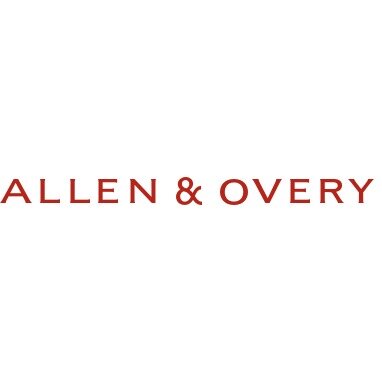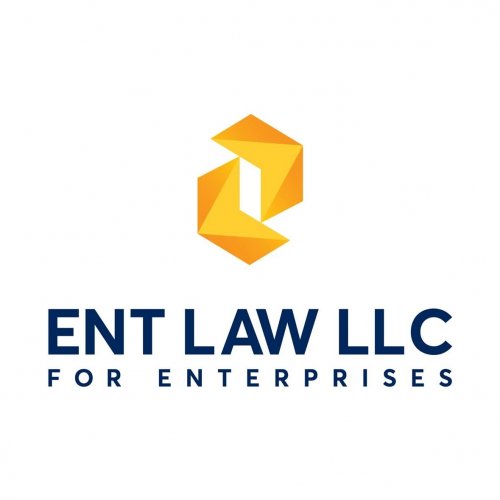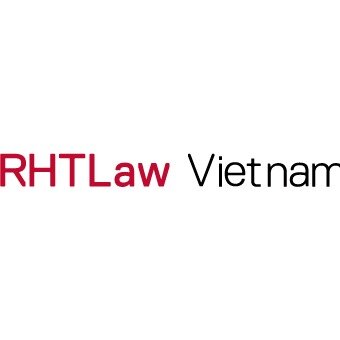Best Public-Private Partnerships (PPP) Lawyers in Hanoi
Share your needs with us, get contacted by law firms.
Free. Takes 2 min.
List of the best lawyers in Hanoi, Vietnam
About Public-Private Partnerships (PPP) Law in Hanoi, Vietnam
Public-Private Partnerships, commonly referred to as PPPs, are cooperative arrangements between government entities and private sector companies for the delivery of public infrastructure or services. In Hanoi, Vietnam, PPPs are increasingly used to address development needs, enhance infrastructure, and promote economic growth. The Vietnamese government has established a legal framework specifically governing PPP projects, ensuring both public interests and private sector investments are protected. This framework sets out procedures, conditions, and rights and responsibilities of each party involved in PPP projects.
Why You May Need a Lawyer
Legal guidance is essential when dealing with PPP projects in Hanoi due to their complexity and the significant investments involved. Here are common situations where legal help may be required:
- Understanding regulatory requirements and compliance for PPP projects
- Drafting and negotiating PPP contracts between public agencies and private investors
- Resolving disputes arising from PPP agreements
- Assisting with investment licensing, government guarantees, and securing approvals
- Identifying legal risks and proposing risk mitigation strategies
- Navigating issues related to land use, environmental law, and public procurement
- Protecting intellectual property and commercial interests in joint projects
- Handling termination, amendment, or extension of PPP contracts
Professional legal advice can help parties avoid costly mistakes, ensure compliance with local laws, and streamline project implementation.
Local Laws Overview
PPP projects in Hanoi are mainly governed by the Law on Investment under the Public-Private Partnership Mode 2020 (commonly known as the PPP Law) and related guiding documents. Key aspects of these laws include:
- Definition and classification of PPP projects based on sector and investment value
- Project appraisal and approval processes, including feasibility studies
- Regulations on contract types such as BOT (Build-Operate-Transfer), BTO (Build-Transfer-Operate), BOO (Build-Own-Operate), and others
- Selection procedures for private partners, often via tendering or direct appointment in specific cases
- Regulatory oversight mechanisms, including supervision and audit by state agencies
- Provisions on government support, revenue sharing, and risk allocation
- Legal procedures for dispute resolution, which can include negotiation, mediation, arbitration, or court litigation depending on the agreement
- Guidelines on the use of land and other resources in PPP projects
- Requirements for project termination, transfer, or extension
Compliance with both national and local regulations is vital, and project documents must adhere to the specific requirements established by Hanoi authorities.
Frequently Asked Questions
What is a PPP project?
A PPP project is a collaboration between the government and private enterprises to finance, build, and operate public infrastructure or services, such as roads, bridges, hospitals, or schools.
Who can participate in a PPP project in Hanoi?
Vietnamese and foreign investors, as well as consortiums combining both, can participate in PPP projects, subject to legal and financial qualification requirements set by local authorities.
What are the main sectors for PPP projects in Hanoi?
PPP projects typically focus on sectors like transport infrastructure, energy, water supply and treatment, waste management, healthcare, and education.
What types of contracts are common in PPP projects?
Common contract types include Build-Operate-Transfer (BOT), Build-Transfer-Operate (BTO), Build-Own-Operate (BOO), and others, each with specific arrangements for investment, operation, and asset transfer.
How are private partners selected for PPP projects?
Private partners are commonly selected through open tendering; in some cases, direct appointment may be allowed under specific conditions defined by law.
Can foreign investors participate in PPP projects in Hanoi?
Yes, foreign investors can participate, but they must comply with Vietnamese laws, investment criteria, and may be subject to conditions on capital contribution and joint ventures.
Are there government guarantees for PPP projects?
Certain PPP projects may receive government commitments or guarantees, such as support for land clearance or minimum revenue, depending on project significance and negotiation outcomes.
How are disputes in PPP projects resolved?
Disputes may be resolved by negotiation, mediation, arbitration, or litigation, based on the dispute resolution clause in the PPP contract and relevant laws.
What are the typical timelines for PPP project approval in Hanoi?
The approval timeline can vary depending on project complexity, legal compliance, and approval from relevant agencies, usually ranging from several months to over a year.
Is public consent or consultation required for PPP projects?
For projects impacting local communities, public consultation is often required during the project appraisal stage to gather feedback and ensure transparency.
Additional Resources
If you are seeking additional information or assistance related to PPP projects in Hanoi, the following resources may be helpful:
- The Ministry of Planning and Investment of Vietnam - PPP Office
- Hanoi Department of Planning and Investment
- Vietnam Chamber of Commerce and Industry (VCCI)
- Law firms specializing in investment, infrastructure, and project finance
- Hanoi Bar Association for referrals to qualified legal professionals
- Official government websites for updates on PPP policies and opportunities
Next Steps
If you need legal assistance regarding Public-Private Partnerships in Hanoi, here is how you can proceed:
- Identify your needs and gather relevant documentation about your project or inquiry
- Seek initial information from official resources and reputable organizations
- Contact a law firm or independent lawyer with established experience in PPPs, investment, or infrastructure law
- Prepare to discuss your project’s objectives, potential risks, and required government approvals
- Request a formal consultation to assess your legal position and receive tailored legal advice
- Engage your lawyer for contract review, negotiation support, due diligence, and compliance monitoring as needed
Early involvement of legal counsel can help you avoid critical mistakes, navigate regulatory hurdles, and ensure the success of your PPP venture in Hanoi, Vietnam.
Lawzana helps you find the best lawyers and law firms in Hanoi through a curated and pre-screened list of qualified legal professionals. Our platform offers rankings and detailed profiles of attorneys and law firms, allowing you to compare based on practice areas, including Public-Private Partnerships (PPP), experience, and client feedback.
Each profile includes a description of the firm's areas of practice, client reviews, team members and partners, year of establishment, spoken languages, office locations, contact information, social media presence, and any published articles or resources. Most firms on our platform speak English and are experienced in both local and international legal matters.
Get a quote from top-rated law firms in Hanoi, Vietnam — quickly, securely, and without unnecessary hassle.
Disclaimer:
The information provided on this page is for general informational purposes only and does not constitute legal advice. While we strive to ensure the accuracy and relevance of the content, legal information may change over time, and interpretations of the law can vary. You should always consult with a qualified legal professional for advice specific to your situation.
We disclaim all liability for actions taken or not taken based on the content of this page. If you believe any information is incorrect or outdated, please contact us, and we will review and update it where appropriate.

















